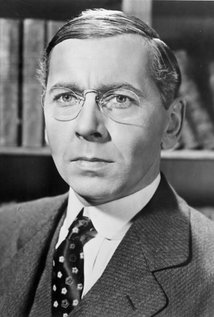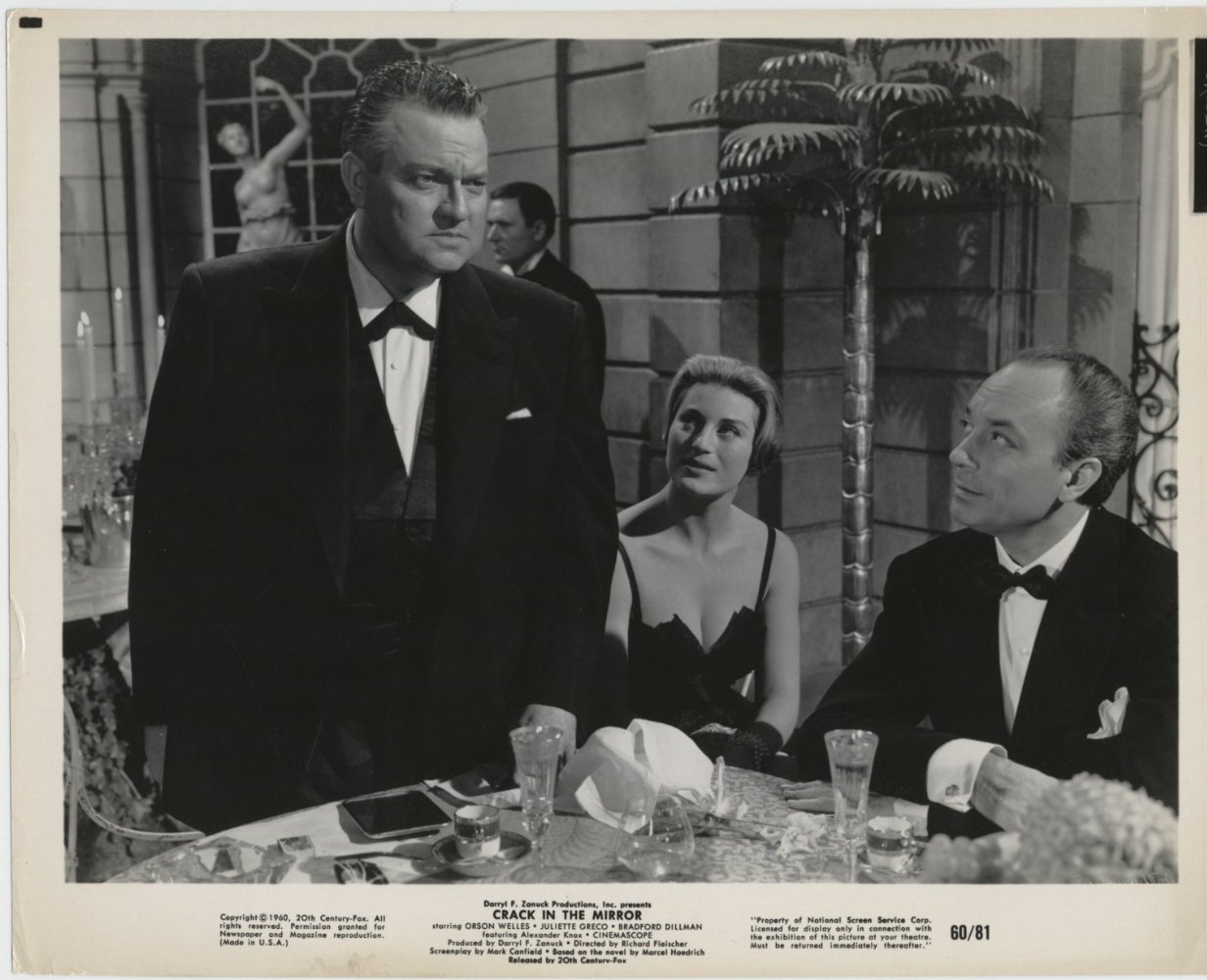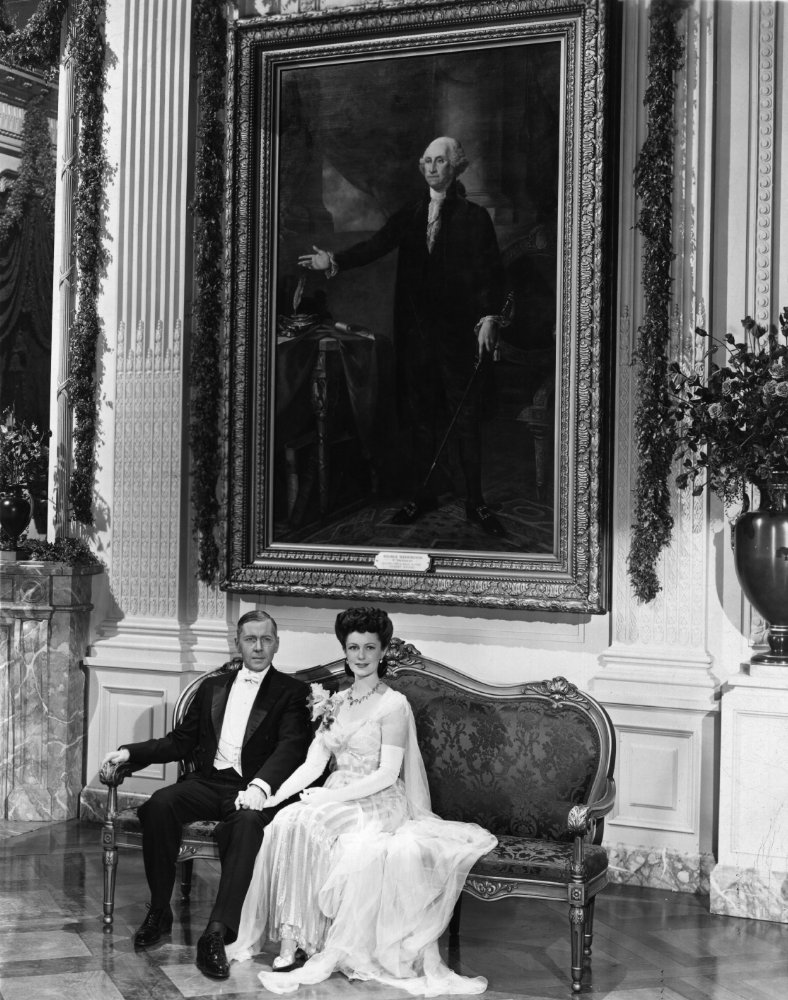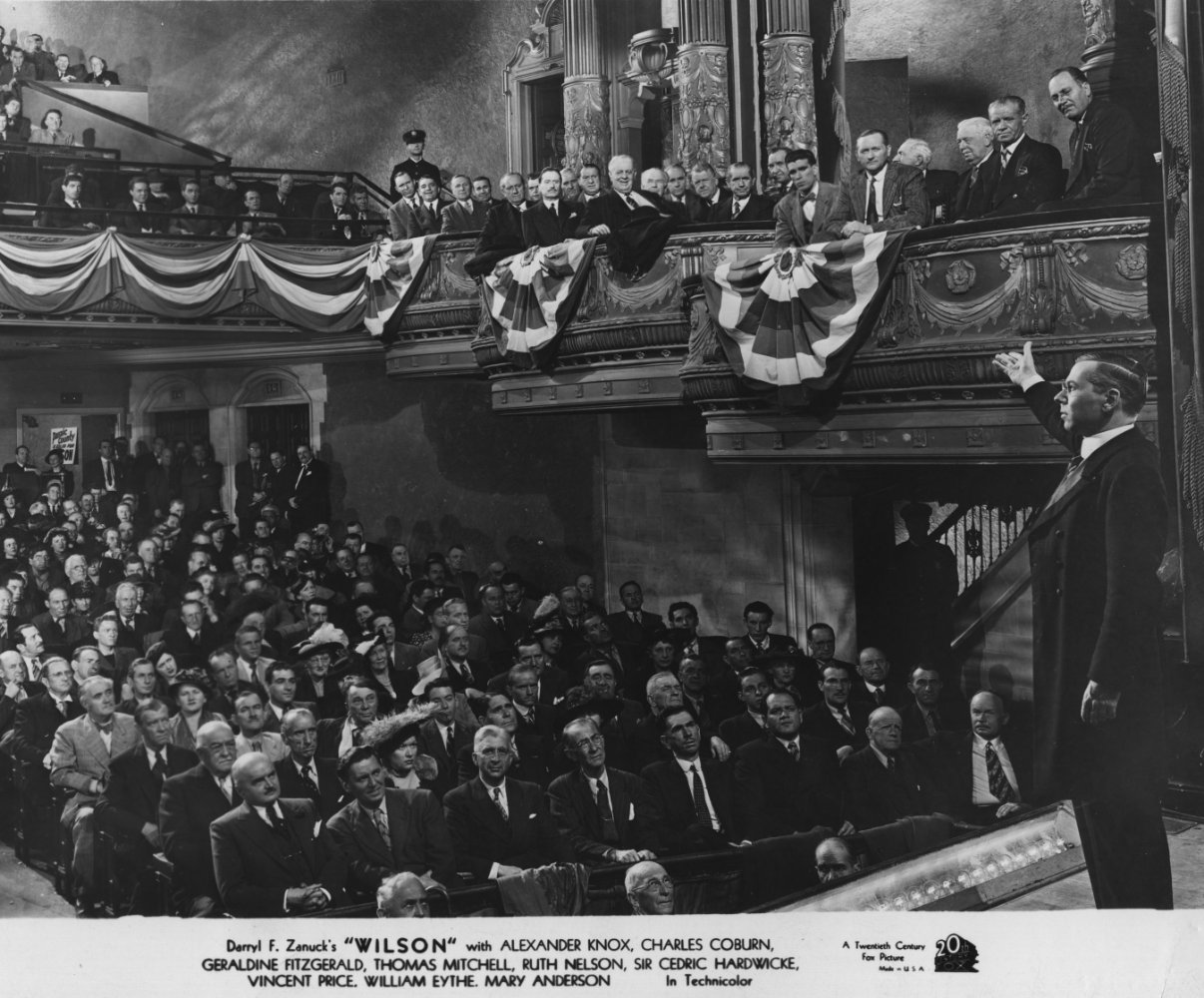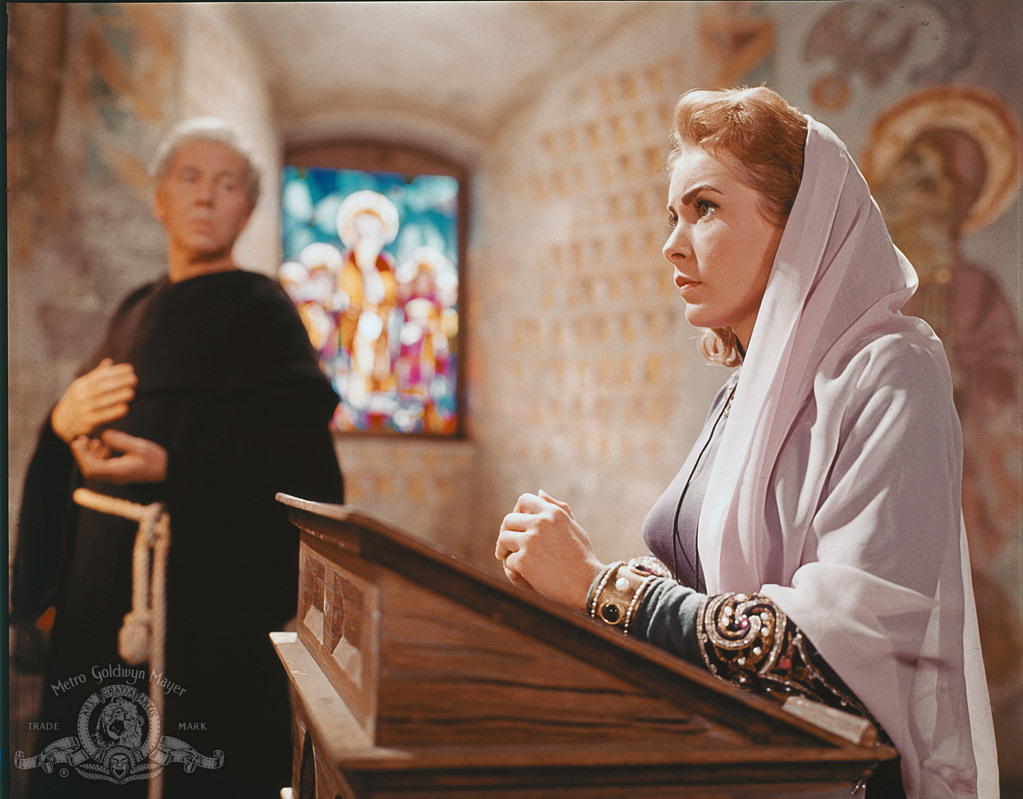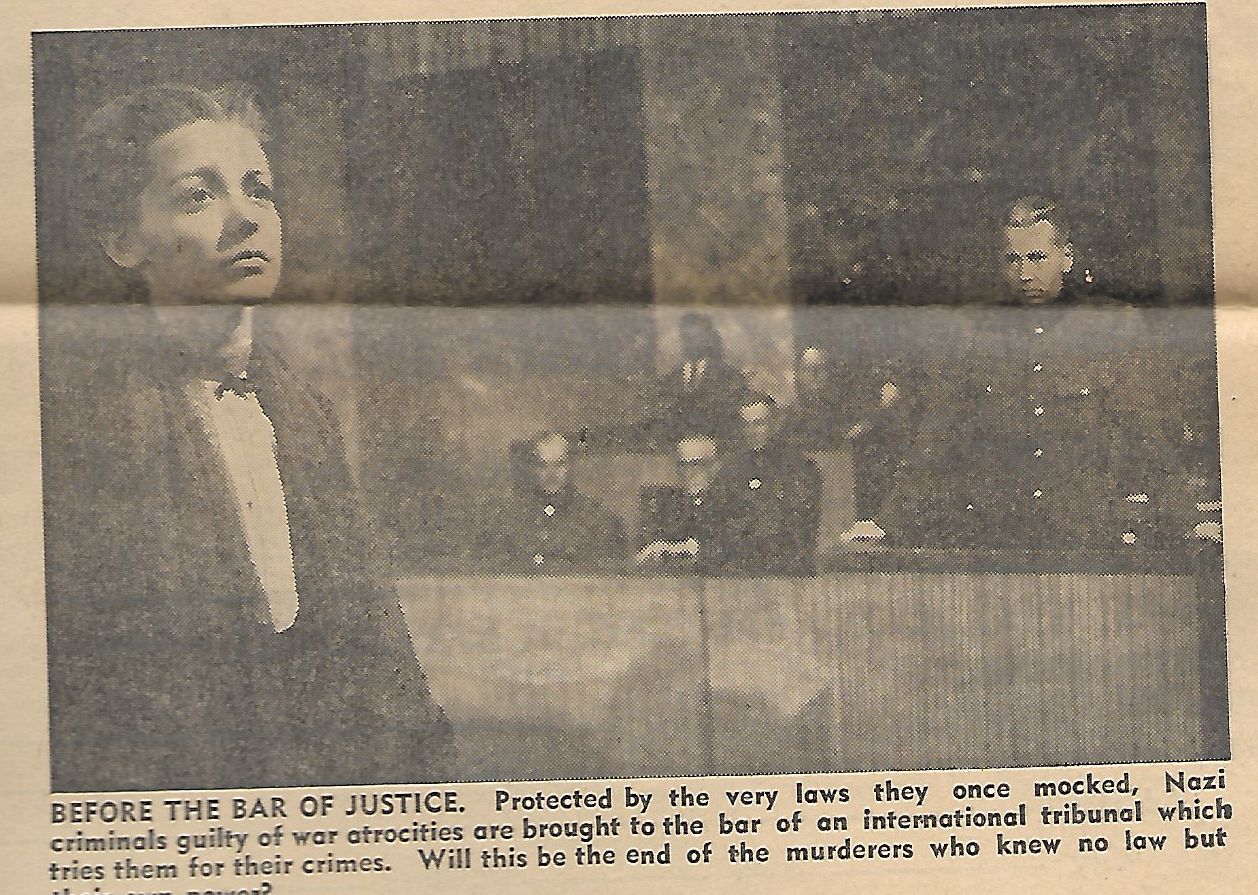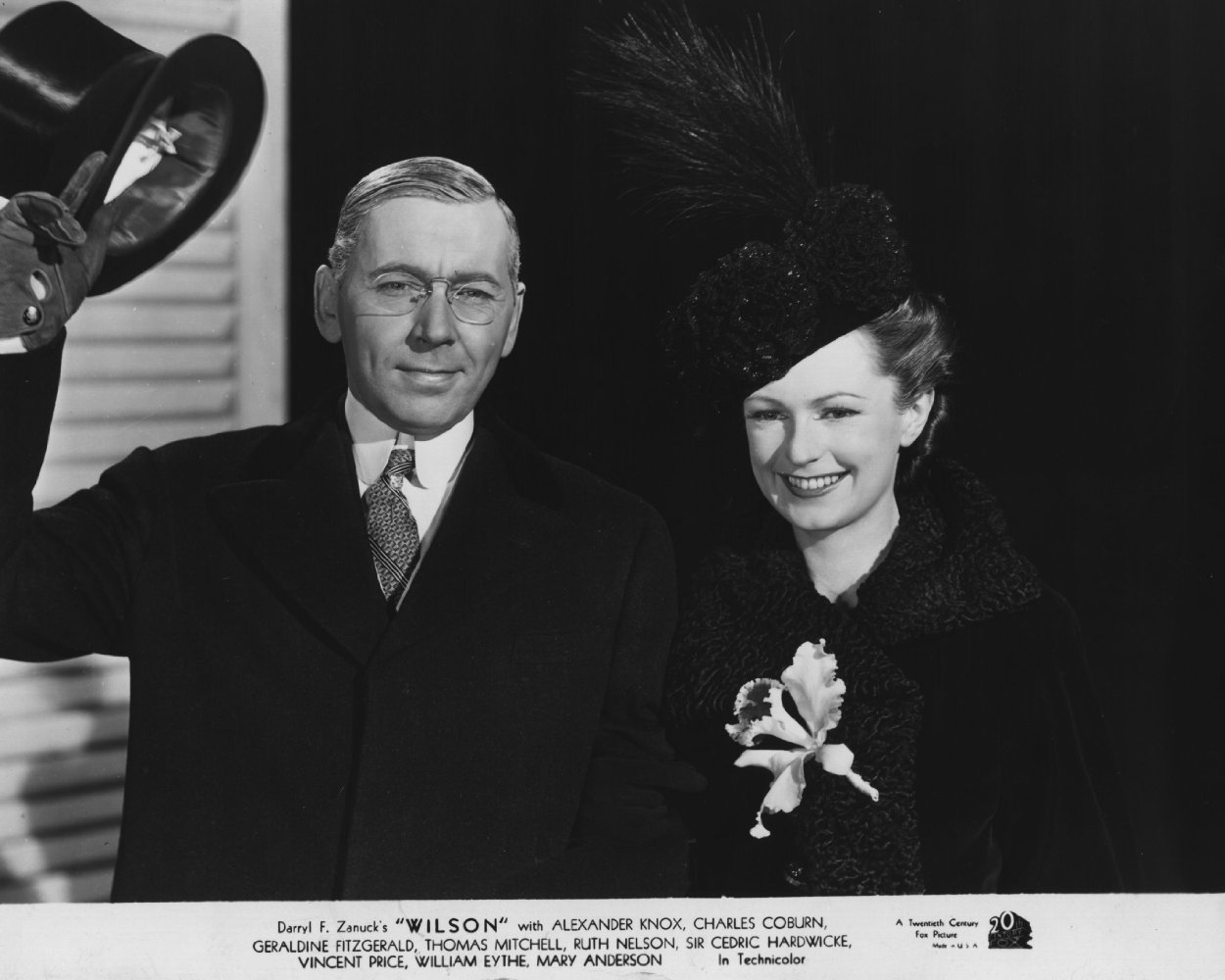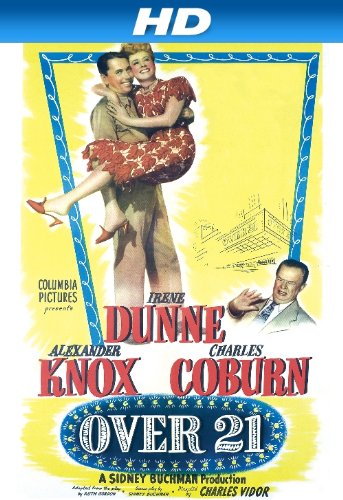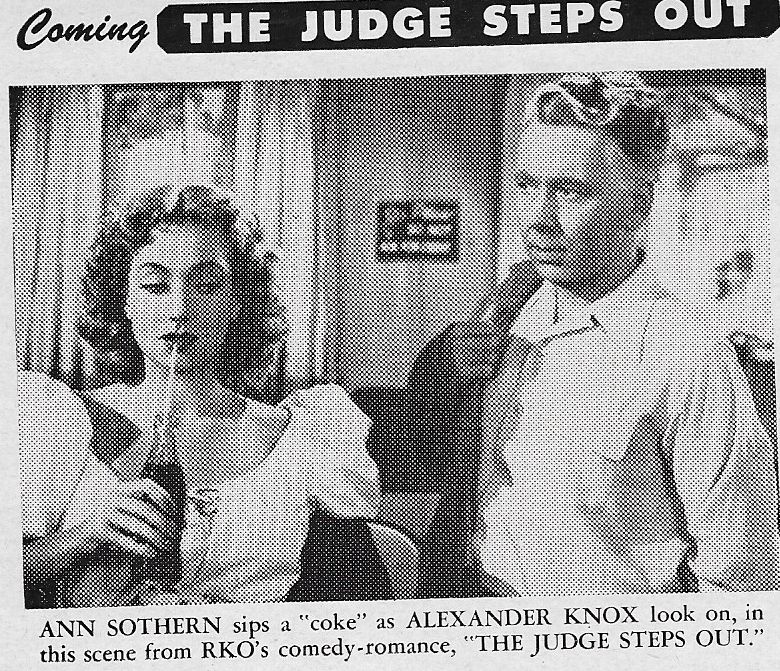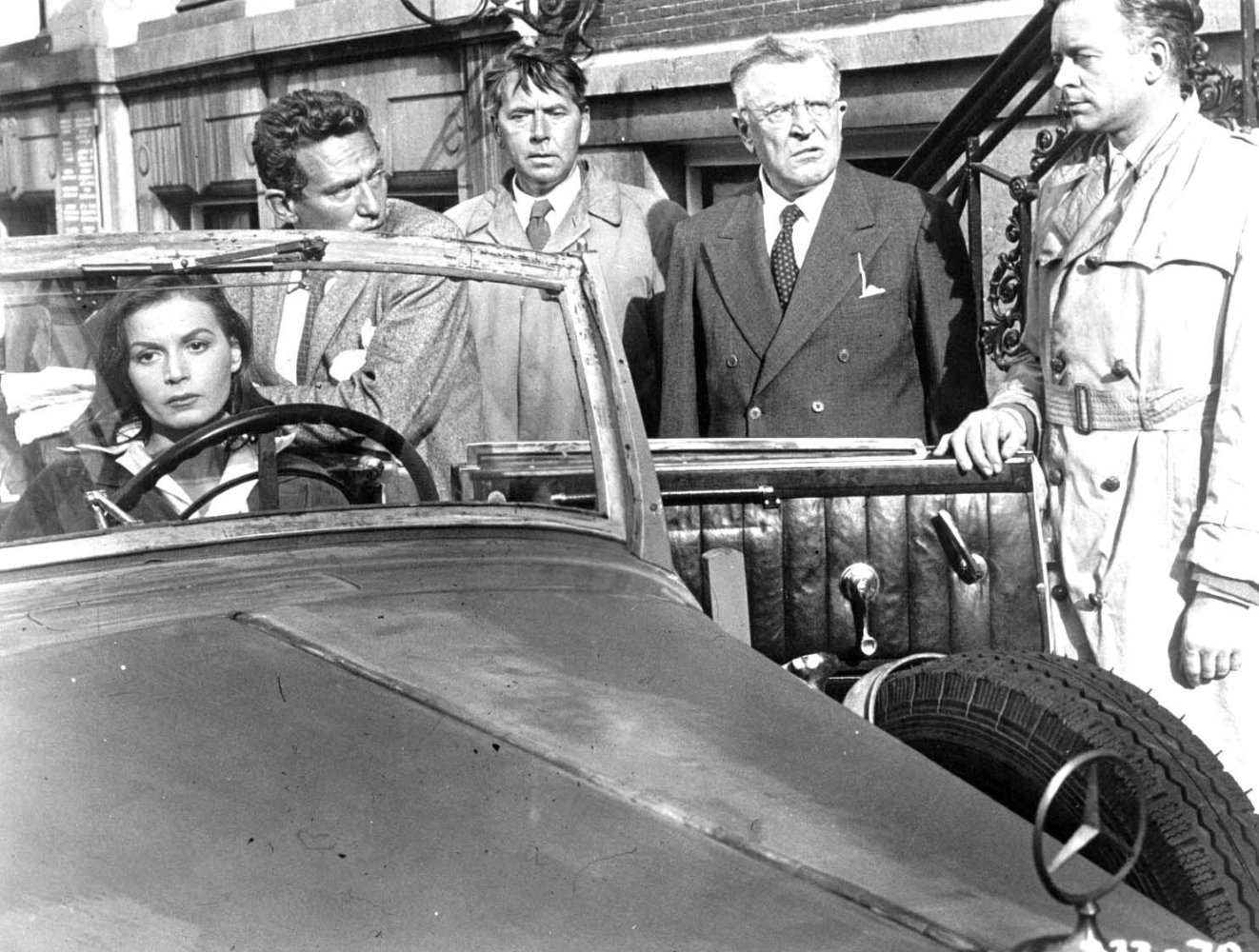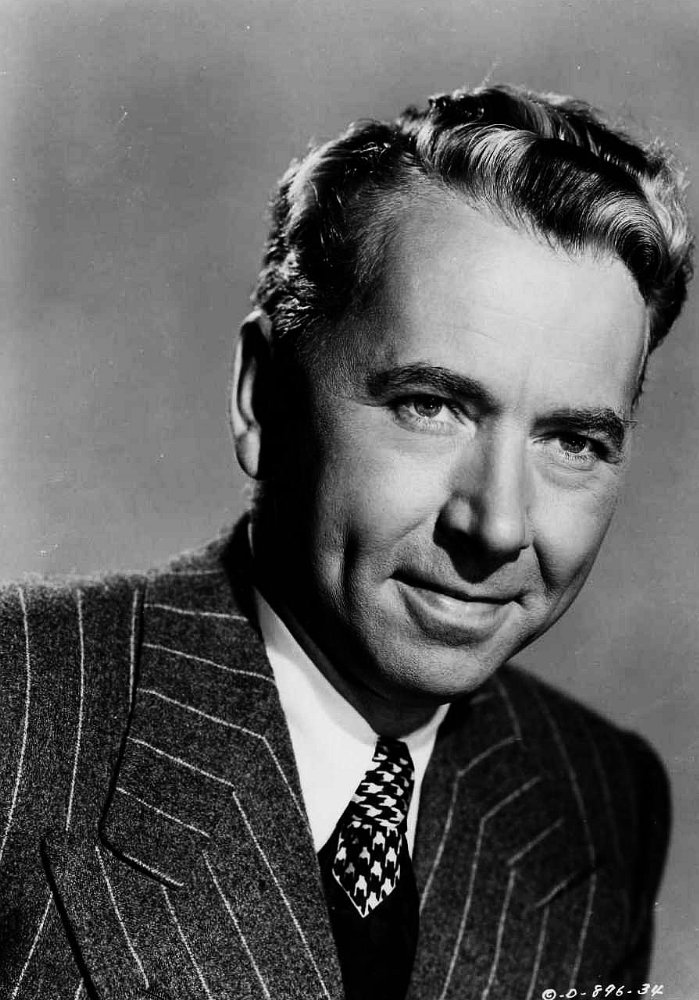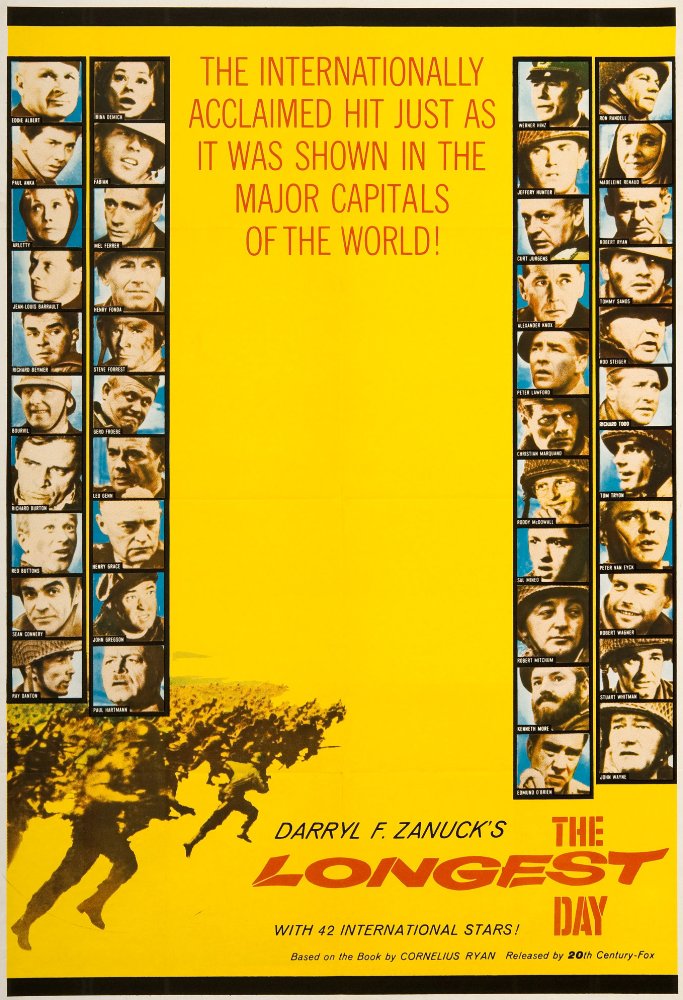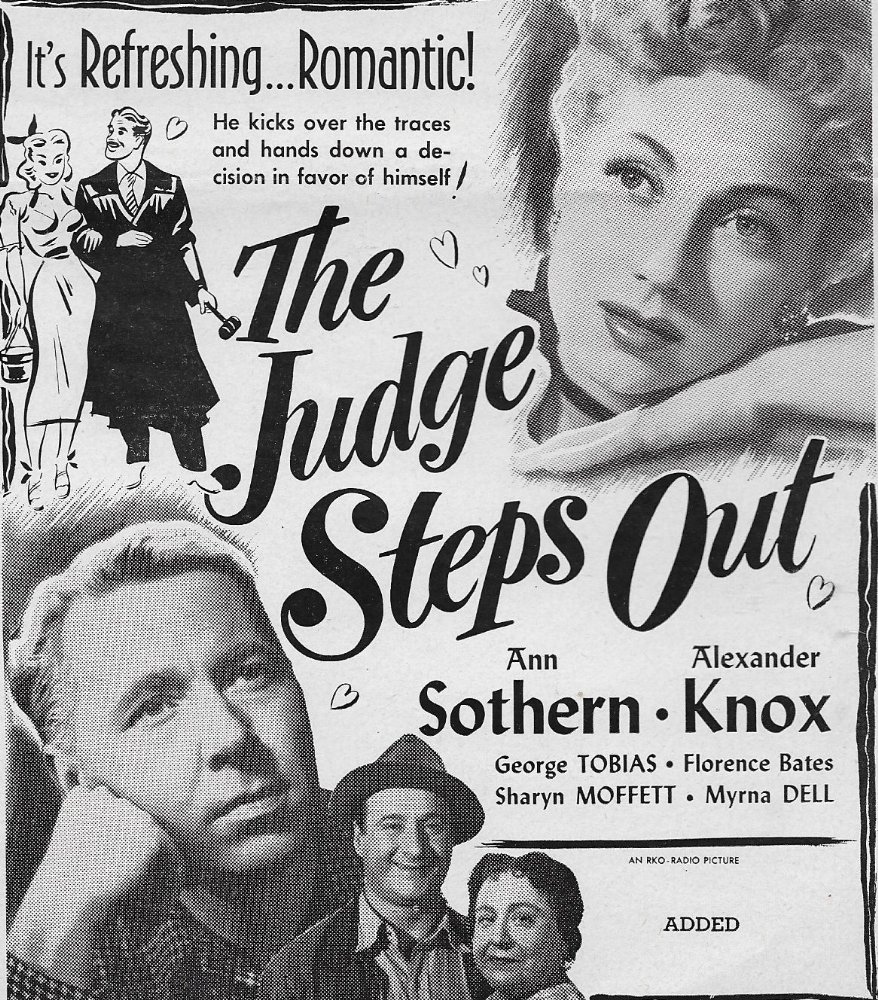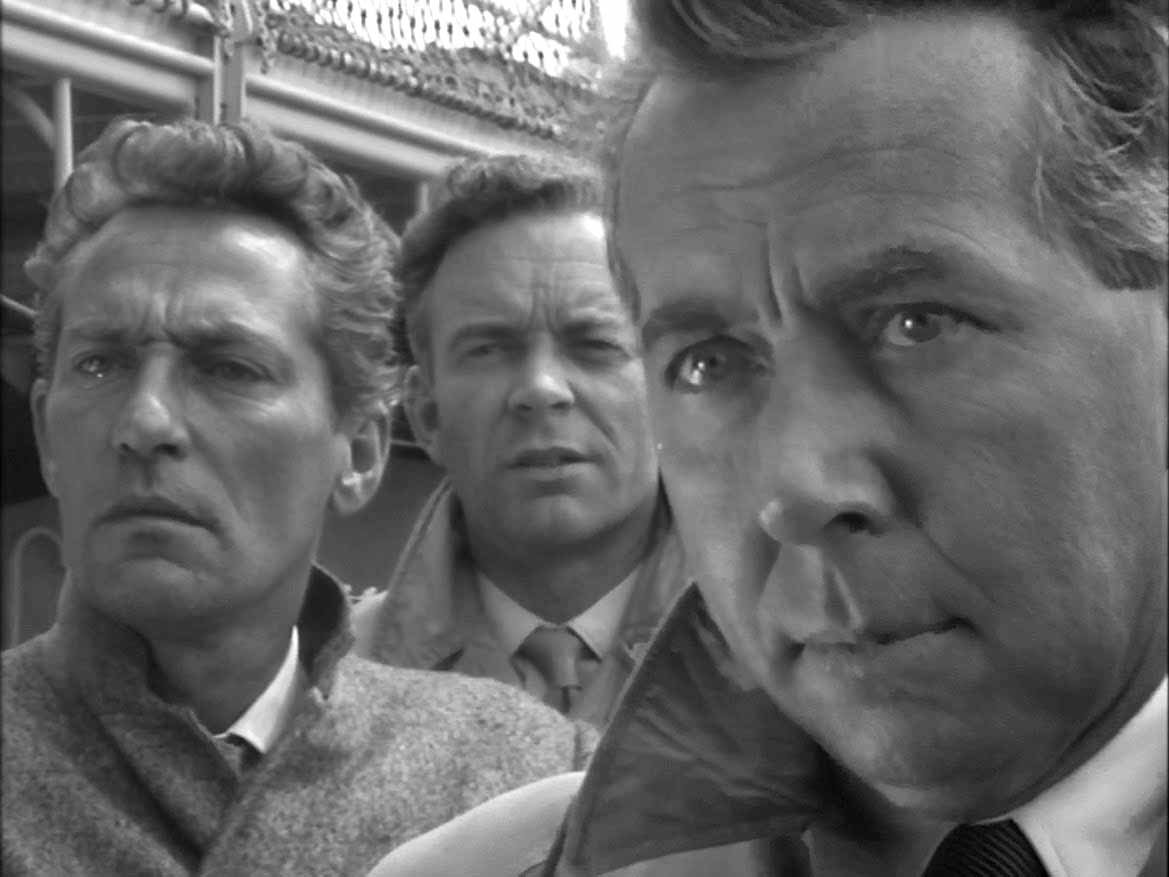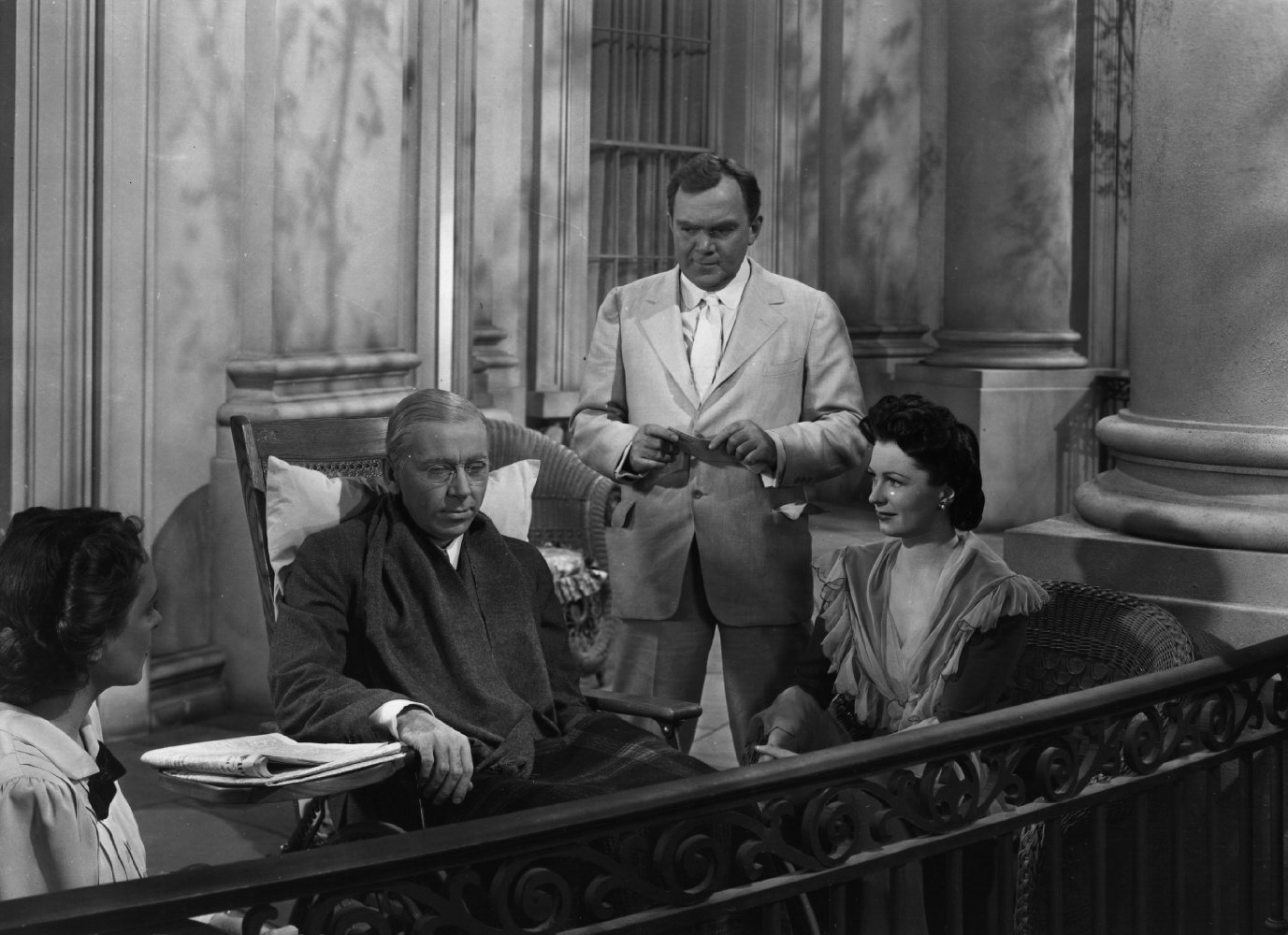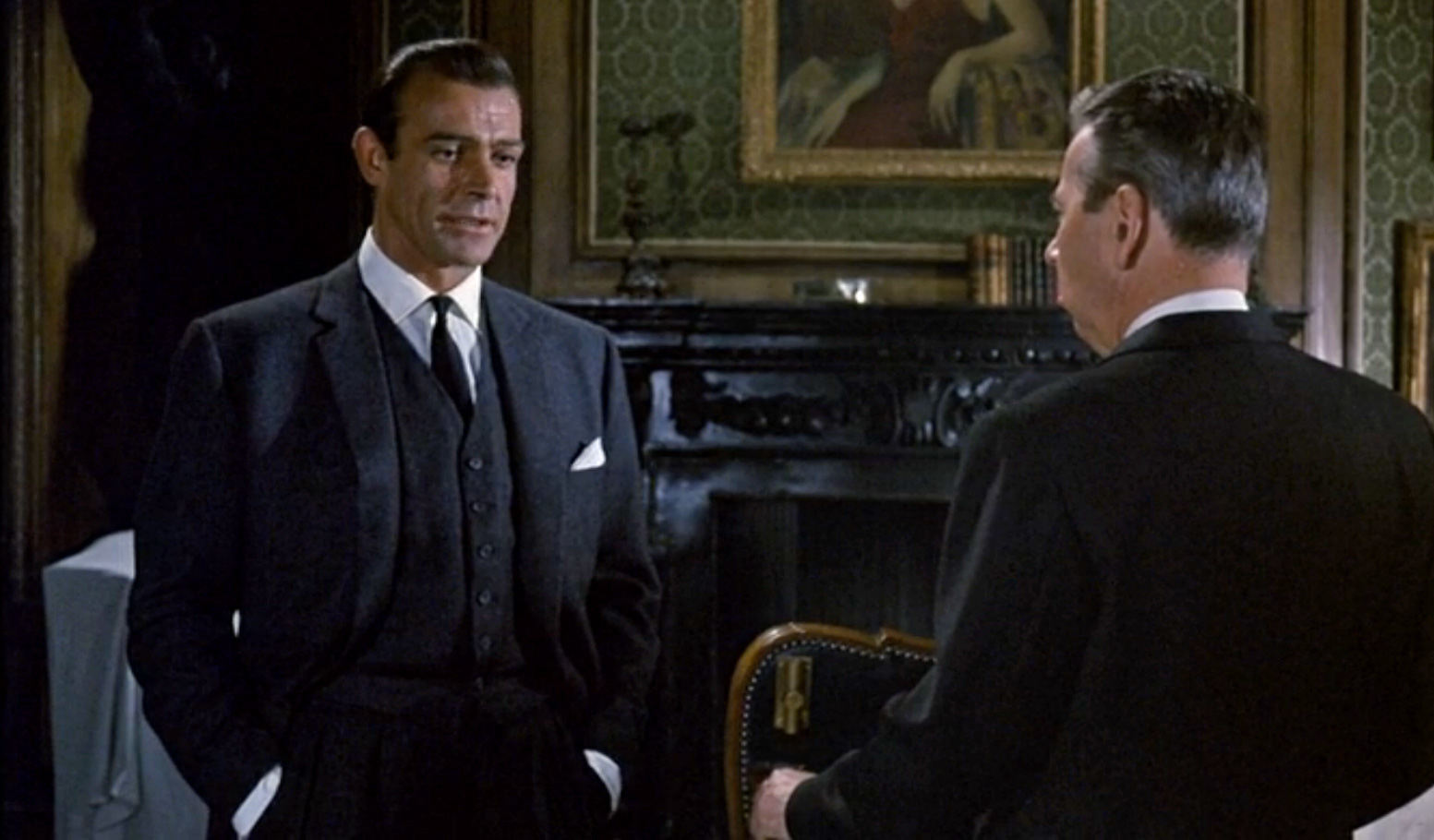A Presbyterian minister's son, softly-spoken, intellectual-looking Alexander Knox received his education from the University of Western Ontario, where he studied English literature. An excellent elocutionist, member of the university's Hesperian Club, he had his first fling with dramatic acting playing the lead in "Hamlet". His ...
Show more »
A Presbyterian minister's son, softly-spoken, intellectual-looking Alexander Knox received his education from the University of Western Ontario, where he studied English literature. An excellent elocutionist, member of the university's Hesperian Club, he had his first fling with dramatic acting playing the lead in "Hamlet". His professional theatrical debut began on the Boston stage in 1929, while simultaneously earning an income as a journalist for the Boston Post. After only a year, he went looking for better acting opportunities in England, specializing in 'serious', classical parts which required just the right measure of 'gravitas'. During another journalistic stint with the London Advertiser, he made the acquaintance of noted stage director and producer Tyrone Guthrie, who helped him to make a name for himself on the London stage at the Old Vic. As the decade progressed, Knox appeared opposite such theatrical icons as Ralph Richardson and Laurence Olivier (in "The King of Nowhere"), and in plays by James Bridie and George Bernard Shaw.Movie work followed in 1938, with appearances in The Gaunt Stranger (1938) and a bit part in The Four Feathers (1939), but the outbreak of World War II prompted his return to America. In 1940, Knox got his big break on Broadway, playing the part of Friar Laurence in "Romeo and Juliet", written and staged by Olivier and starring Vivien Leigh as Juliet. A later leading role in "The Three Sisters" (1942-43), a turn-of-the-century drama set in Russia, saw him as Baron Tuzenbach opposite Katharine Cornell and Judith Anderson. With good critical notices, it became only a matter of time before the screen beckoned again. In 1941, Knox made his Hollywood film bow and was perfectly cast as the quiet intellectual Humphrey Van Weyden, protagonist of Jack London's maritime classic The Sea Wolf (1941). His performance was somewhat overshadowed by those of his co-stars, Edward G. Robinson (in the titular role of Wolf Larsen) and the dynamic John Garfield (as chief mutineer George Leech), but it led to further work as a reliable lead character player.For most of his career, Knox tended to be typecast as men of integrity (though he did play the odd villain): stern authority figures, psychiatrists, academics and politicians - undoubtedly, due to his sincere, though rather sombre on-screen personality. It was also the consequence of being cast in the starring role as Woodrow Wilson, the 28th U.S. President, in Darryl F. Zanuck's over-ambitious biopic Wilson (1944). Bosley Crowther commented for The New York Times (August 2, 1944): "Much of the film's quality is due to the performance of Alexander Knox in the title role. Mr. Knox....draws a character that is full of inner strength - honest, forceful and intelligent, yet marked by a fine reserve... The casting of Mr. Knox, a comparative unknown, in this role was truly inspired". Despite the excellent personal notices, 'Wilson' was a rather slow and ponderous affair, a flop at the box office and one of Zanuck's most conspicuous failures. His personal reputation intact, Knox had several leading roles come his way in the wake of 'Wilson', even a rare comedy part in The Judge Steps Out (1947), as a starchy, but like-able Boston judge. However, in 1952, his career suffered a serious setback when he was blacklisted by HUAC for supposed left-wing affinities, and forced to leave for England.From 1954, Alexander Knox appeared in scores of British films and was particularly good in two productions for the director Joseph Losey (who had also been black-listed in Hollywood): The Damned (1962) and Accident (1967). He also played another U.S. president in the James Bond thriller You Only Live Twice (1967) and was a memorable spook (the ill-fated 'Control')in Tinker Tailor Soldier Spy (1979) on television. He made a successful return to the London stage, frequently in plays by Henrik Ibsen and Clifford Odets. Outside his principal occupation, he was finally able to devote himself whole-heartedly to his long-standing literary ambition, as author of plays ("Old Master", "Trafalgar Square"), screenplays and five adventure novels set in the wilds of 19th century Canada. Knox died in his adopted home in Benwick-Upon-Tweed, England, in 1995 at the age of 88.
Show less «

